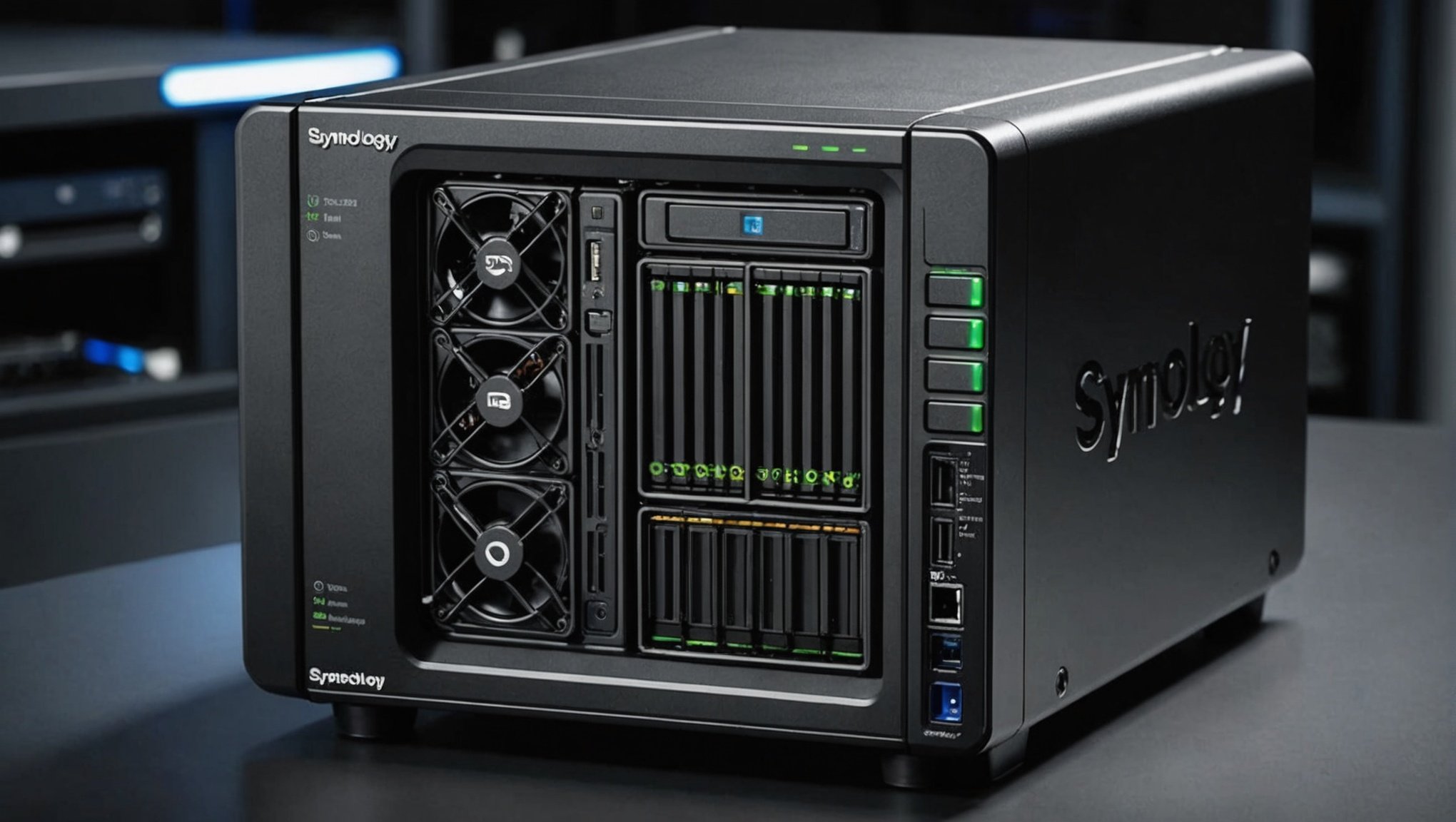In our increasingly digital world, data integrity is paramount. Businesses and individuals rely on vast amounts of data stored on Network Attached Storage (NAS) devices like the Synology DS920+. However, one significant threat to data integrity is power outages. These unforeseen interruptions can corrupt data, leading to potential losses and operational setbacks. Hence, let’s explore the best practices for ensuring data integrity on your Synology DS920+ during power outages, providing peace of mind and robust data protection.
Understanding Data Integrity and Power Outages
Before diving into best practices, it’s critical to understand what data integrity means and how power outages can impact your Synology DS920+. Data integrity refers to the accuracy, completeness, and consistency of data over its lifecycle. It ensures that your data remains uncompromised and unchanged except through authorized actions.
This might interest you : How to install and configure a firewall on a pfSense box for enhanced network security in a small business?
Power outages can severely disrupt data integrity. When a power outage occurs, any ongoing data processing gets interrupted abruptly. This sudden stop can result in incomplete writes, leading to file corruption or loss. For a NAS device like Synology DS920+, protecting against power interruptions is crucial to maintain the integrity of your stored data.
Utilizing an Uninterruptible Power Supply (UPS)
An Uninterruptible Power Supply (UPS) is an essential component in your data integrity strategy. A UPS serves as a backup power source, providing temporary power in case of an outage. This temporary power allows your Synology DS920+ to continue running long enough to safely shut down or switch to another power source.
In parallel : How to set up a high-performance virtualization server using Proxmox VE on an AMD Ryzen 9 5900X system?
When integrating a UPS with your Synology DS920+, you should ensure it supports communication with the NAS. Synology DSM (DiskStation Manager) can interface with many UPS models, enabling it to monitor the UPS’s status and initiate a controlled shutdown when necessary. This proactive approach reduces the risk of data corruption during unexpected outages.
Moreover, a UPS can protect against power surges, which can also harm your NAS and its data. Power surges often accompany power outages, posing an additional risk. By filtering these surges, a UPS adds another layer of protection for your NAS.
Enabling Write Caching and Battery Backup
Write caching is a feature that can significantly enhance your Synology DS920+’s performance by temporarily storing write commands in a cache before they are written to disk. However, this can pose a risk during power outages if the cached data is lost before being written to the storage.
To mitigate this risk, you should pair write caching with a battery backup. Synology NAS devices often come with optional battery backup units (BBUs) designed to maintain the integrity of cached data during an outage. These BBUs keep the cache alive long enough for the data to be safely written to disk, ensuring no data loss occurs.
It’s essential to regularly check the health and status of your BBU to ensure it is functioning correctly. Replacing the battery when necessary and ensuring it is properly connected can prevent potential data loss during a power outage.
Implementing Regular Backups
Regular backups are a cornerstone of any data integrity strategy. Despite all preventive measures, there’s always a residual risk of data loss. Regular backups ensure that you can recover your data to a point before the outage occurred, minimizing potential impacts.
For your Synology DS920+, Synology’s Hyper Backup is a powerful tool that can automate and manage your backup process. Hyper Backup allows you to schedule regular backups to various destinations, including external drives, other NAS devices, and cloud services. By diversifying your backup locations, you further ensure the safety of your data against multiple failure points.
It’s recommended to follow the 3-2-1 backup rule: keep at least three copies of your data, stored on two different types of media, with one copy offsite. This strategy covers you against various types of data loss, including those caused by power outages.
Monitoring and Maintenance
Proactive monitoring and maintenance are vital in ensuring the reliability and integrity of your Synology DS920+. Regularly checking the health of your NAS’s hardware components, such as drives and memory, can preempt potential failures that might exacerbate the impact of a power outage.
Synology DSM offers a suite of tools for monitoring the health of your NAS. The Storage Manager provides detailed insights into the status of your drives, allowing you to identify and replace failing drives before they cause data loss. Additionally, DSM’s Resource Monitor tracks the overall health and performance of your NAS, helping you identify issues early.
Regular firmware updates are equally important. Synology frequently releases updates that address security vulnerabilities, improve performance, and add new features. Keeping your DSM software up-to-date ensures that you benefit from these enhancements and maintain the highest level of data integrity.
Ensuring data integrity during power outages on a Synology DS920+ NAS requires a multifaceted approach. Utilizing an Uninterruptible Power Supply, enabling write caching with a battery backup, implementing regular backups, and maintaining vigilant monitoring are crucial strategies. These practices collectively mitigate the risks posed by power interruptions, safeguarding the integrity of your valuable data.
By adopting these methods, you can significantly reduce the likelihood of data loss and corruption during power outages, ensuring that your operations remain smooth and your data stays secure. In the end, protecting data integrity is not just about preventing loss; it’s about maintaining trust in your digital infrastructure and ensuring the continued reliability of your Synology DS920+ NAS.











